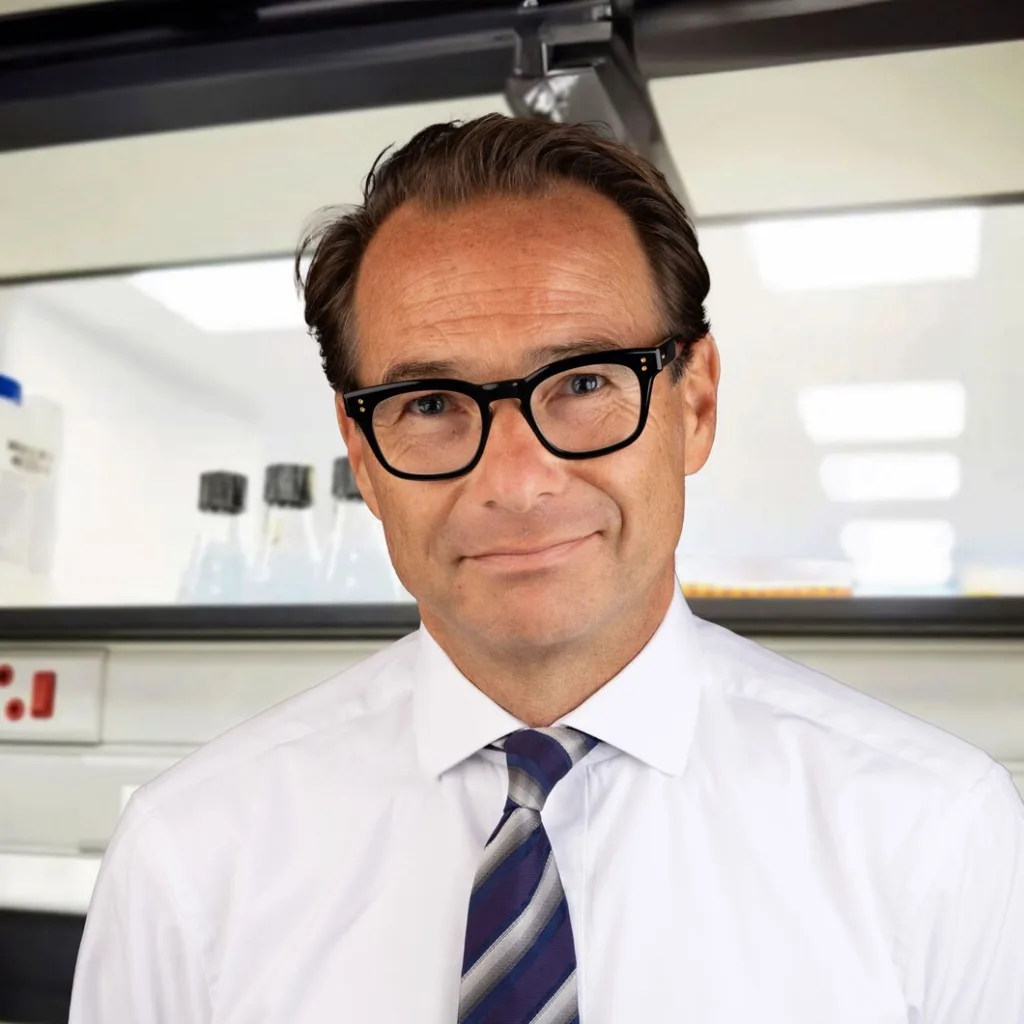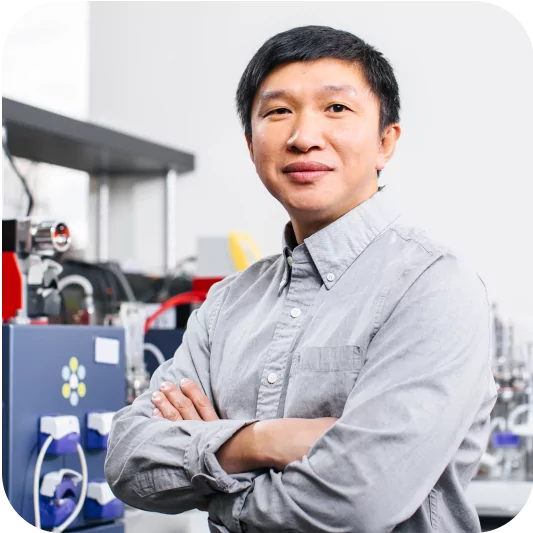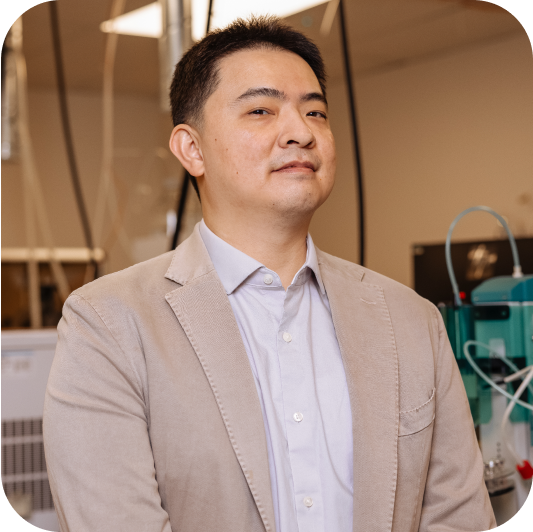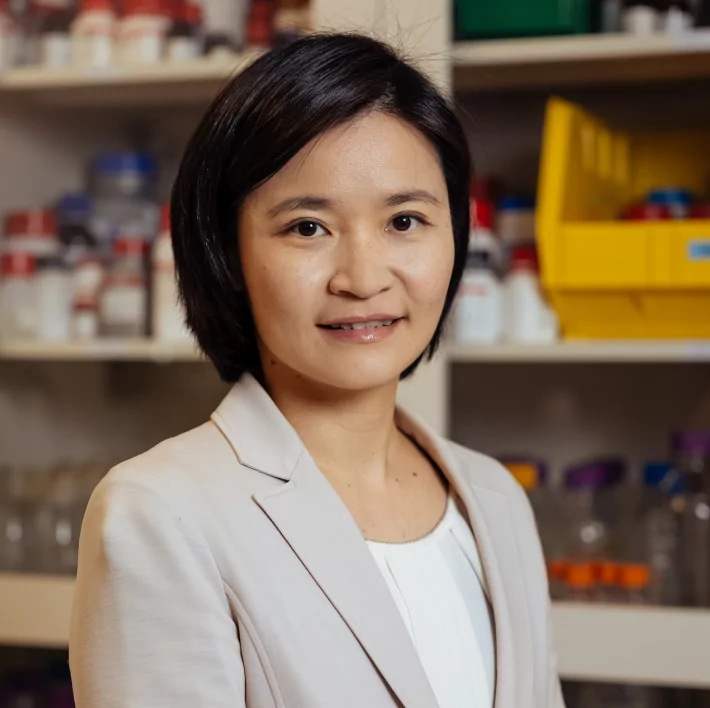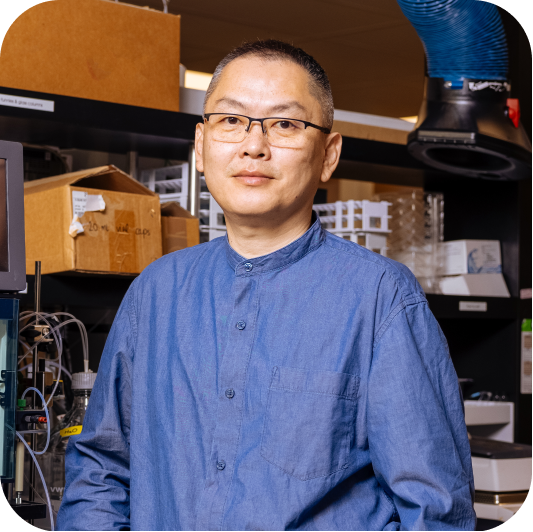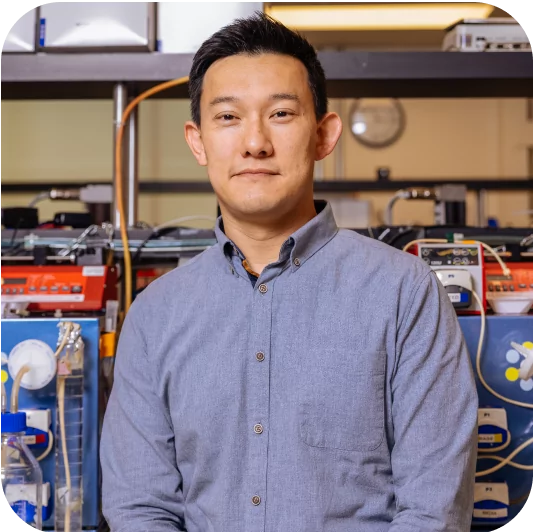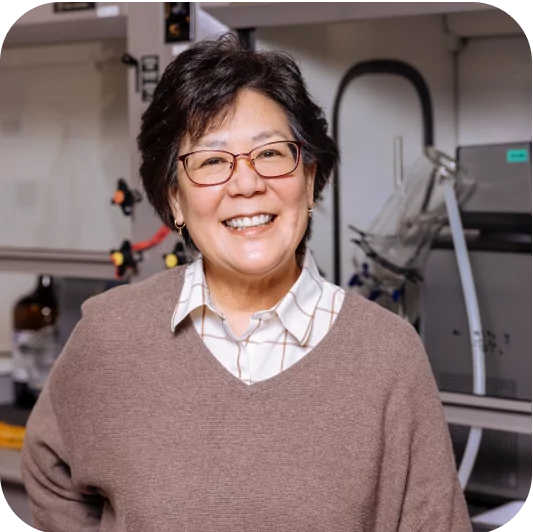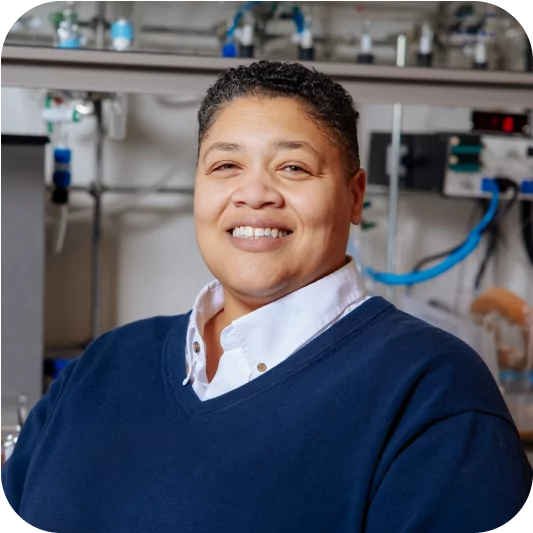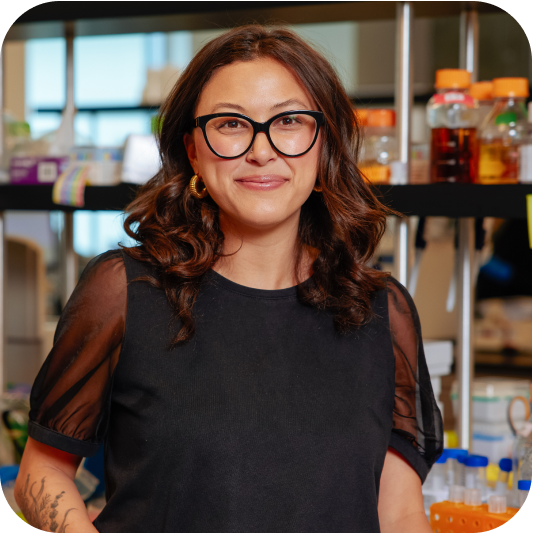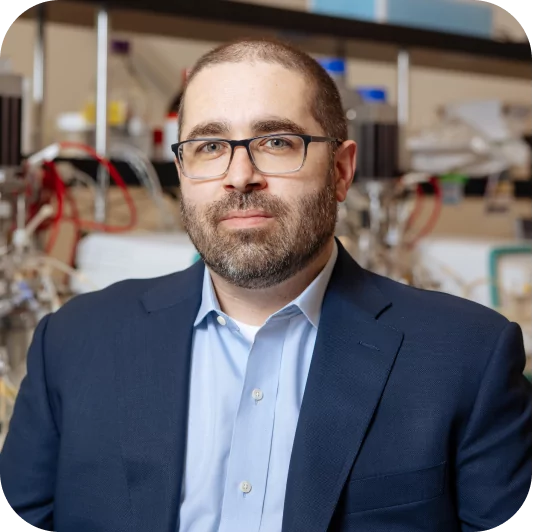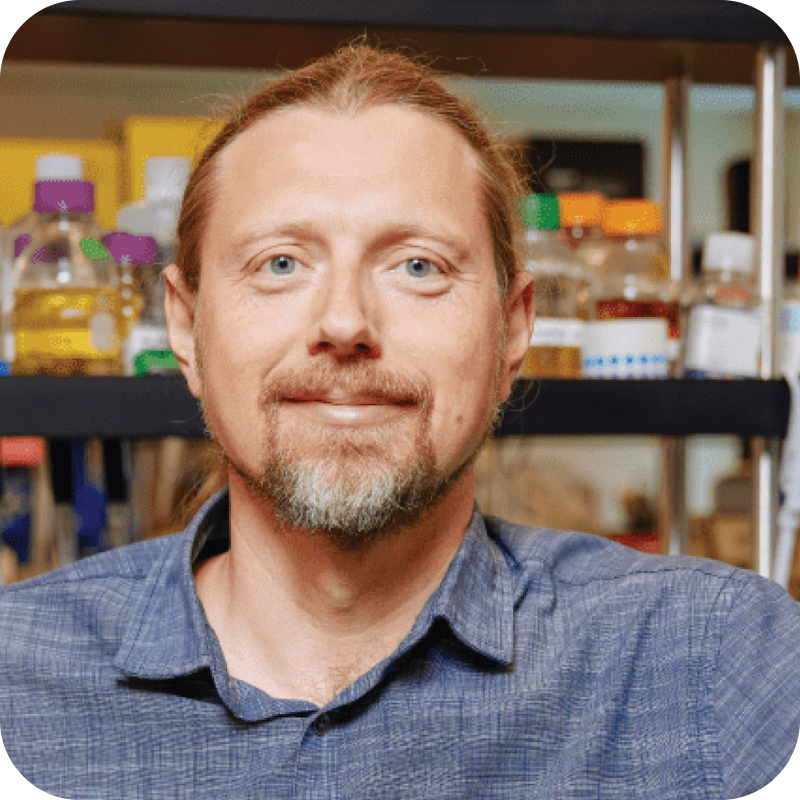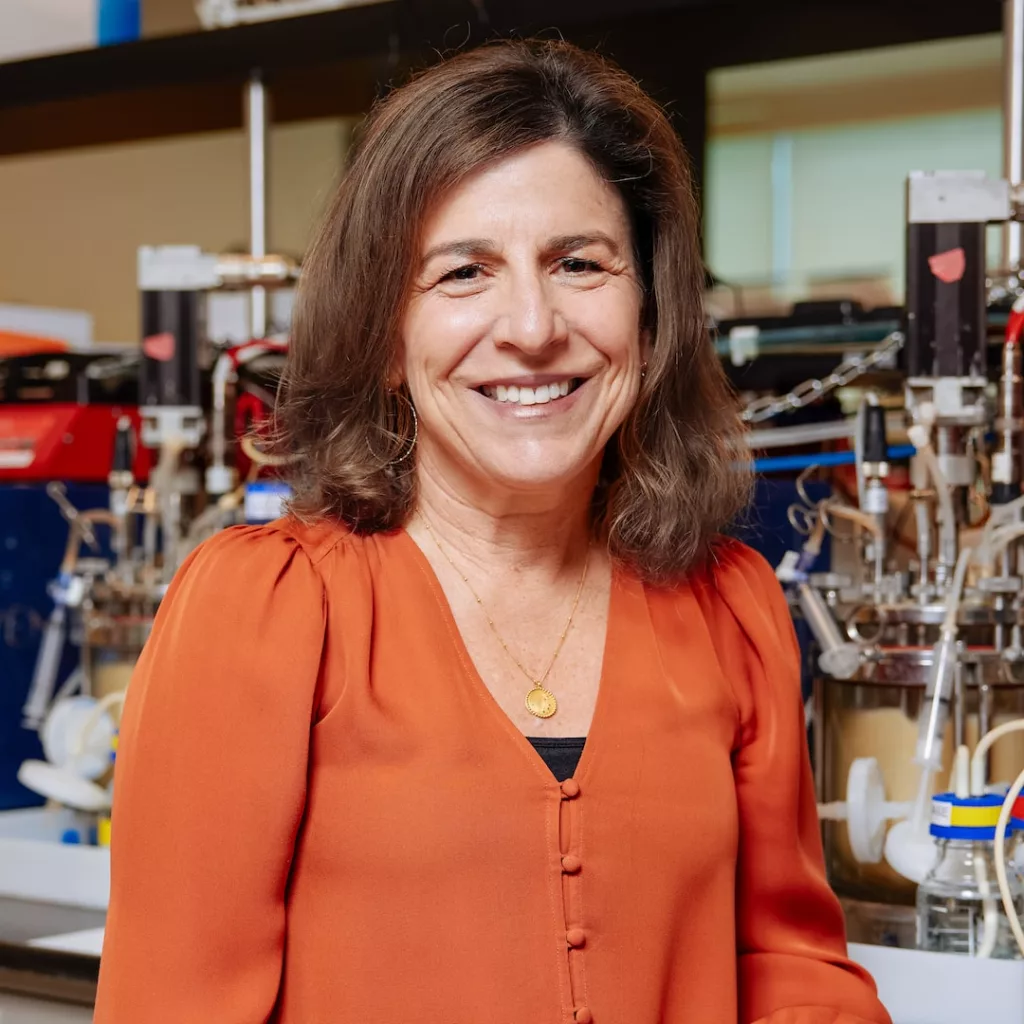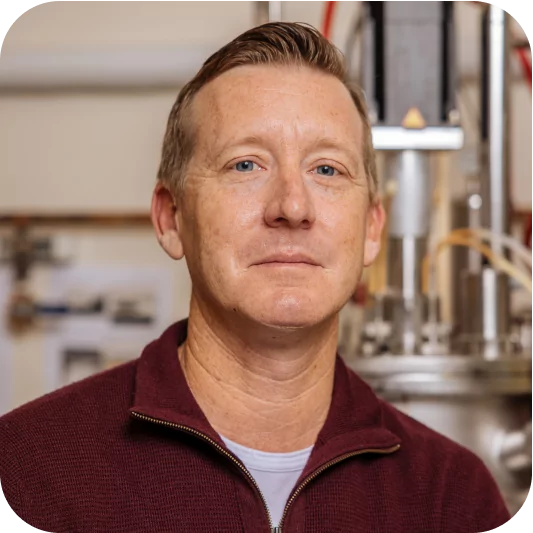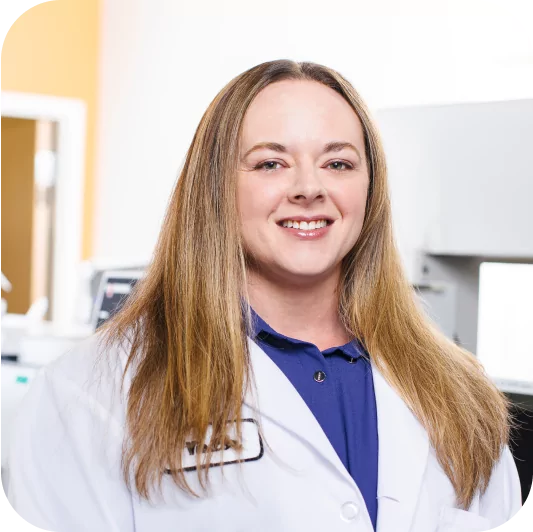This blog is part of an educational series about synthetic chemistry. If you missed our introductory primer, you can find it here. In this second installation of our synthetic chemistry series, we explore its critical role in small-molecule drug development, highlighting its importance in the drug development and discovery process, as well as its limitations.
Synthetic chemistry is an essential part of drug development, opening the door for scientists to create complex small molecules with specific properties. Small molecule drugs – including household staples like aspirin and acetaminophen – currently make up the bulk of approved pharmaceuticals to date. Though biologics and new modalities like cell and gene therapies are gaining ground with an increasing share of annual drug approvals, small-molecule drugs still remain in the majority.
Such small molecule drugs typically originate from chemical compounds produced in nature by plants or microorganisms. Once these compounds are identified as having potentially therapeutic properties, they can be rapidly modified using synthetic chemistry tools to produce an array of therapeutic candidates for screening in drug development.
Strength (and cost efficiency) in numbers
Synthetic chemistry plays important and distinct roles in every phase of drug development. Initially, synthetic chemistry is used to generate many drug candidates, either through a targeted synthesis of just a few compounds or, quite often in pharma, through a process called combinatorial chemistry, which yields a large number of compounds in a single process. When a lead compound is identified, the drug development team will rapidly produce a large variety of chemical derivatives on a small scale for screening, with a high-throughput combinatorial approach to assess their properties.
If small scale screening yields a compound with the desired therapeutic properties, the therapeutic candidate is chemically synthesized for pre-clinical and early-phase clinical testing, typically using a scaled-up version of the initial method. It is worth noting that 70% of the money invested in drug development goes into failed candidates, so there typically isn’t much investment in production optimization until the drug candidate has shown robust therapeutic potential in the clinic.
As the drug candidate progresses through clinical trials and toward commercialization, pharma organizations then begin looking at how to manufacture the therapeutic at commercial scale. It’s not as simple as multiplying the original, bench-scale method and optimization is key to ensuring a market-viable product. This is achieved by minimizing the number of chemical reaction steps involved, including costly chemical isolation and purification steps, as well as reducing waste and identifying the best starting materials.
Chemistry is constrained
Optimizing the critical steps of isolation and purification is no easy task. As any chemist will tell you, it is easy to add things to a flask – the hard part is getting a pure product out of it. Unfortunately, chemical reactions under laboratory conditions are not very specific because reagents interact with all of the molecules in the mixture, potentially reacting with more than just the one the chemist intends. Worse still, the number of byproducts multiplies exponentially with each step if not properly purified. The goal of process chemistry is to optimize the production of one molecular product and minimize the number of steps to get there.
For example, glucose is extremely complex to synthesize purely, despite being a simple sugar produced by plants. It has four stereocenters – points at which three atoms connect and can be arranged. Because chemical reactions cannot distinguish between the placement of atoms at these points, it results in a mixture of 16 different configurations of glucose.
Water-soluble compounds like glucose are also extremely difficult to purify. Common techniques of extracting chemical compounds into organic solvents simply don’t work and recrystallization of these products is quite difficult. More complex techniques like chromatography or lyophilisation are often needed to separate and isolate these types of compounds, but these are difficult to scale up and are prohibitively expensive.
Synthetic chemistry is naturally biased
Where synthetic chemistry struggles, biosynthesis excels. Water-soluble compounds are easily created in the aqueous environment of a living cell and stereochemically rich molecules like glucose are produced in the precise configuration required by biological systems to utilize effectively. The breadth of possibility in the natural world lays bare the limitations of synthetic chemistry.

The pharmacopeia of useful drugs mankind has identified so far is highly biased toward what we are good at making through synthetic chemistry. This is no surprise, as we use synthetic chemistry for both the initial preparation of drug candidates and their scaled-up production. Nature, however, complements our attempts at discovering and developing effective drugs. Scattered throughout the pharmacopeia, there are therapeutics we borrowed from the natural world like the antibiotic vancomycin-producing soil bacterium A. orientalis or essential pain medicines from the opium poppy.
These chemicals are not intuitive starting points for synthetic chemistry because they are big, complex molecules – we simply could not have found them by searching blindly. Thanks to synthetic biology, nature’s chemicals are now accessible as starting points where we can apply synthetic chemistry tools to create something entirely unique – such as the critical anti-cancer drugs Taxol and docetaxel that are used in chemotherapy treatments.
While there are many classes of molecules that are difficult to produce with traditional synthetic chemistry, the world of biology opens the possibility of new horizons in generating and manufacturing new (and old) therapeutic compounds. In our next blog, we look at how biology and chemistry come together to address these limitations of synthetic chemistry.
